
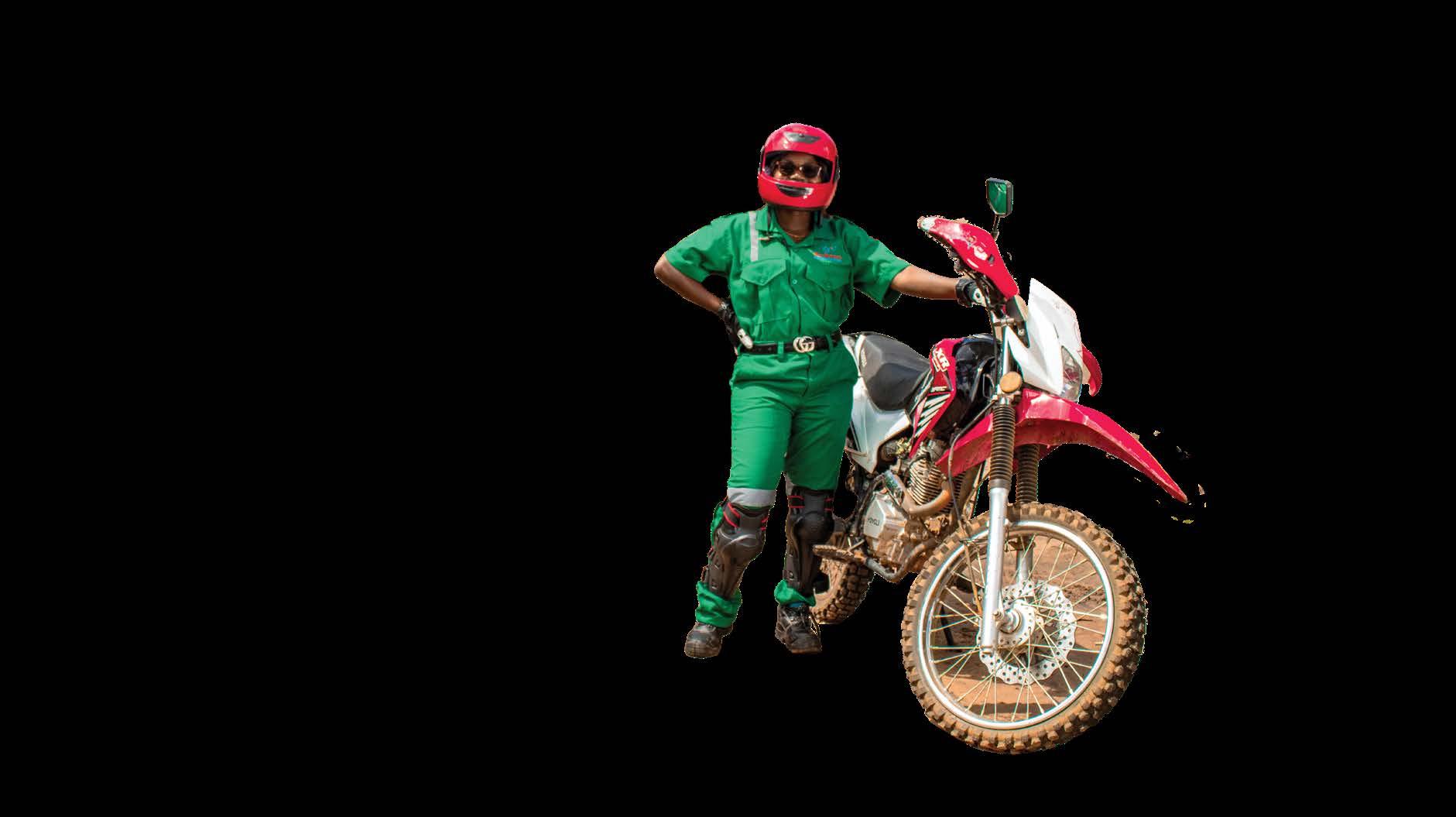







In the past six months, we have continued to listen and learn from our incredible Visionary Partners and build systems that make our work more equitable and just.

We launched an open application system for the first time and welcomed a diverse cohort of 10 new Visionary Partners, from 7 different countries, in December 2022. In addition to helping us bring on a new cohort, our open application system grew our multi-sector pipeline of innovative African-led organizations, more than half women-led, and reconfirmed that when it comes to funding locally-led organizations pipeline has never been the issue. Our open application process also deepened our understanding of just how vast the funding desert is for African-led organizations and proved that we could be funding 10x more.


We’re on track to raise $10M in catalytic resources for African visionaries by the end of 2023 and while our first fund comes to a close, our long-term vision of creating a more just and inclusive funding landscape for African visionaries remains. As we build our 10-year strategy we plan to be bolder and more ambitious in raising and moving money to African visionaries and influencing others to do the same. We exist to fill a gap created by structural inequities, funders’ fear, and biases but as those change, that gap will become smaller. It is our sincere hope that in 20 years, funding mechanisms will have changed so much that organizations like AVFund don’t need to exist. Until then, the work continues.



We are immensely grateful to our Visionary Partners for their continued wisdom and support in shaping how we do our work, our funders for their flexibility and belief in our mission, and our growing team for their passion, collaboration, and commitment to our partners.
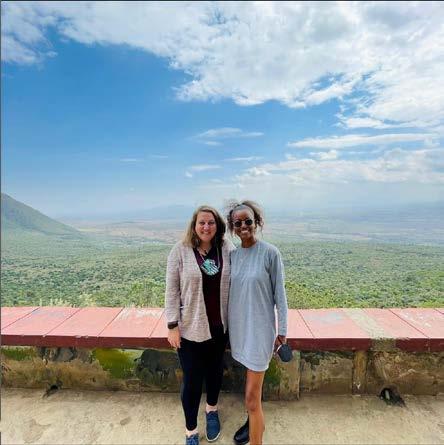



As an impact catalyst, we measure our success according to the impact and achievements of the African- led organizations we support because they are the true heroes of systemic change on the continent.
For this edition of our Insider Report, our Strategic Partnerships Manager, Shamira Lukomwa, sat down with two of our Visionary Partners, Dr. Dixon Chibanda, Founder & CEO of Friendship Bench, and Hastings Nhlane, Co-Founder & CEO of ACADES to chat about their impact in 2022, what they're excited about in 2023 and beyond and what unrestricted, multiyear funding has unlocked for their organizations.
“Being an African visionary means thinking outside of the box and really coming up with solutions that are rooted in local contexts and cultures. I strongly believe that it’s important for African visionaries to leverage existing resources on the continent and bring out the best that we have in our community.”
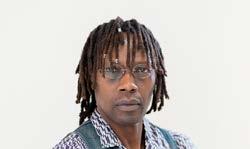
Anchored in over a decade of research, the Friendship Bench has reimagined the delivery of evidence-based mental healthcare by training community health workers to provide accessible talk therapy. Since 2019, Friendship Bench has trained over 1,700 community health workers and served over 178,000 clients across 14 districts in Zimbabwe with psychological interventions that are rooted in Zimbabwean culture. Friendship Bench is active in 6 countries and over the next four years plans to reach 2 million people, train 5,000 community health workers, and expand into 10 countries - taking their model global in a big way.
Shamira Lukomwa: Friendship Bench has some serious scaling goals over the next few years. What’s one goal you’re really excited about?
Dr. Dixon Chibanda: In 2023 we are launching “Friendship Bench in a Box,” a do-it-yourself offering that will allow organizations around the world to start a Friendship Bench program wherever they are. Interested organizations will go through a 5-step process which includes establishing suitability, developing a theory of change, training community health workers, and developing a monitoring & evaluation plan - resulting in a truly unique delivery model tailored to each community.
We’re currently in the process of building the back-end resource portal that will provide implementing partners access to technical support from the Friendship Bench team.
Shamira: That’s really exciting! We can’t wait to hear more about that. As you know, AVFund is a strong proponent of multiyear, unrestricted funding and advocates that the sector as a whole continues to move in that direction. What role has unrestricted

and multiyear funding played in realizing Friendship Bench’s goals?
Dixon: Unrestricted, multiyear funding has given us the space to really ask what it would take to scale efficiently, effectively, and sustainably. From there, we were able to develop a robust scaling strategy which includes building our team, especially at the senior management level.
Unrestricted funding from the African Visionary Fund and other like-minded funders is supporting the hire of our first Development Director which is truly a game changer for us. We’ve always wanted and needed a Development Director and now we’re in the position to make that a reality.”

Shamira: In addition to the core grant, Visionary Partners have access to an additional $15,000 each year in funding for special projects focused on their core organizational development goals. Can you share how Friendship Bench used this funding?

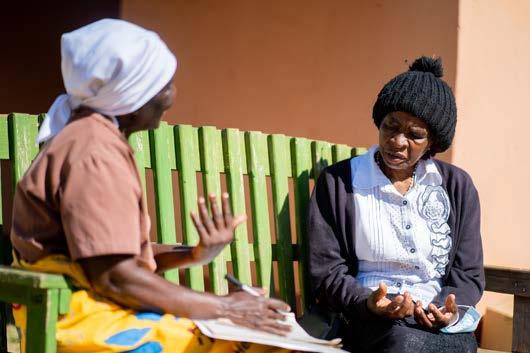

Dixon: We used the $15,000 portfolio support grant to hire two consultants - one to assess and identify gaps within our team structure and the other to support our team’s communication and presentation skills. As we scale and interact with a more global audience, we want to hone our presentation skills further and learn best practices for connecting with wider, more global audiences.
Friendship Bench, in partnership with FIFA and the Sport for Health partnership, led by the World Health Organization and Qatar’s Ministry of Public Health built 32 friendship benches to highlight the importance of mental health and the role that sports play to promote physical and mental wellbeing. The 32 benches - one for each competing nation- were designed by local Qatari artists and permanently installed in public locations across Doha.
ACADES is a youth-led organization tackling the core challenges smallholder youth farmers face and utilizing the power of the collective to improve access to financing and markets. Their sustainable solutions, including tailor-made input loans, ethical agriculture markets, and technical and entrepreneurial training have provided an on-ramp to farmers looking to increase their productivity and incomes. Since 2015, ACADES has invested in more than 10,000 smallholder farmers in Malawi to improve their livelihoods and make agriculture a sustainable and profitable career
Hastings: Innovation is at the center of our work and having unrestricted funding allows us to be innovative and adaptive, which is critical to our ability to provide relevant solutions that address the real challenges our communities face.
ourselves. We
Shamira: Congratulations on the recent completion of your storage facility and office space in Lilongwe! I read that the facility will significantly reduce ACADES’ commodity storage and administration costs. What else is on the horizon for the team?
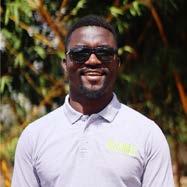
Hastings Nhlane: Thank you. We have grown very fast over the past three years and we project the same level of growth moving forward. A key question for us is how we can proactively strengthen our delivery model and operational systems in preparation for this projected level of growth. We are investing in research, strengthening our monitoring and evaluation systems, and optimizing our delivery model, services, and products.
One way we’re hoping to expand is by sharing our model with other local organizations and providing them with the training and tools to implement our model in areas beyond the reach of our current operations.
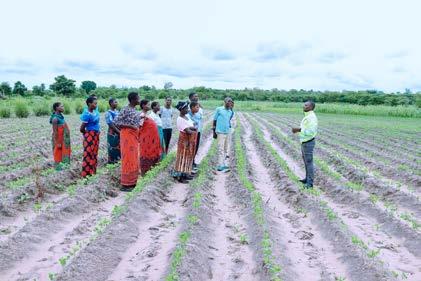
Shamira: I’m so glad to hear that. I know that making those types of investments often requires flexible long-term funding. Can you share how the type of funding you receive impacts your organization?
When we receive restricted funding, it’s often tied to a funder’s particular interest, not necessarily our strategic priorities. This makes it challenging for us to make the necessary infrastructural investments in our growth, quality, and depth of the interventions we provide. Unrestricted funding helps us invest in areas that are typically challenging to fundraise for, but are critical for our growth and resilience for years to come. For example, we used our core grant from AVFund to digitize our operations and improve our data management systems so that we can more effectively serve our growing team and client base now and in the future.
Unrestricted, multiyear funding allows us to thoughtfully prepare for growth as opposed to simply responding to it when it is already happening.
Shamira: Those challenges you described are exactly why we’re intentional about giving unrestricted and multiyear grants. As a funding partner, we’re also interested in how we can add value to our partners beyond our grantmaking. Is there any additional value we’ve been able to add beyond our core grant?
Hastings: Our partnership has extended beyond the core grant. AVFund team members have introduced us to new funders and some of those introductions have led to conversations about funding opportunities that are very promising.

“Being an African visionary means we are at the center of local problems. We deeply understand the challenges our communities face because we experience them
work in partnership with our community to innovate and find long lasting solutions to the challenges we see each and every day.”Hastings Nhlane, Co-founder & CEO, ACADES Photo: ACADES
On December 15, 2022 we made a $1.8M commitment to 10 new African Visionary Parnters, growing our portfolio from 15 to 25 exceptional African-led organizations. Our third grantmaking cycle was one of many firsts - the first cycle selected from an open application process, the largest and most diverse pool of applications, and our largest commitment to date! Our third cohort of African Visionary Partners are a group of dynamic, innovative, and impactful organizations working across five sectors and seven countries.


Clean Start Solutions has worked with over 4,000 women impacted by Kenya’s criminal justice system. Programs include healing spaces for psycho-social support, entrepreneurship training, and holistic responsive care to children living in prison with their mothers.

The Differentiator
Clean Start serves imprisoned women, formerly imprisoned women, children of imprisoned mothers, girls in the juvenile justice system, their families, and prison wardens.
90% of imprisoned women in Kenya are single parents and breadwinners, yet justice systems are not adequately gender responsive. Clean Start addresses the critical need for economic opportunities and dignity for women who face tremendous challenges when transitioning back into society.



Empowering youth to participate in Africa’s digital transformation

Impact Africa Network is a nonprofit startup studio on a mission to ensure young talented Africans have a chance at participating in Africa’s digital transformation as creators and owners.
Impact Africa develops innovation leaders that launch viable early-stage startups. 80 fellows have worked on startup projects with a goal to launch, grow, and create jobs.
With a growing youth population and workforce across the continent, embracing digital technologies will empower vulnerable communities with access to resources, job opportunities, and services that will improve lives. Impact Africa uses venture scale entrepreneurship and innovation as a platform for effecting structural and cultural change.
Youth-led innovative interventions for rural communities
Chipembere Community Development Organization (CCDO) Promotes community-led interventions that build the wellbeing of rural women, children and youth through capacity development, advocacy and impact mitigation.
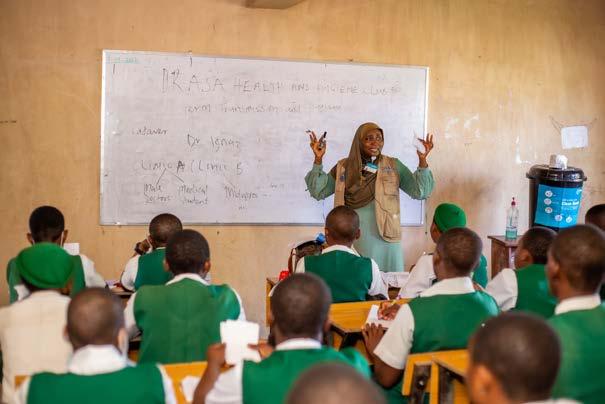
CCDO designs and implements its programs within existing government delivery and data systems. Their multidimensional and innovative programs focus on poverty reduction, child and adult literacy, food security, and health.


In Malawi’s rural areas, where 80% of the population is concentrated, women and young people’s entrepreneurial initiatives are not recognized despite their enormous contribution to the country’s economy. CCDO centers these vulnerable groups as leaders and decision makers in the socio-economic transformation of their communities.
Removing barriers to high-quality healthcare in remote areas
Wandikweza is a community health organization providing access to quality health care to over 325,000 ultra-poor Malawians in rural communities by providing life-saving home-based services, rapid response maternal care, and mobile clinics in remote areas.


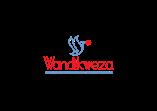
Wandikweza’s multidimensional and participatory approach to health care empowers existing individual and neighborhood assets, equipping community members to build healthy and prosperous livelihoods on their own terms.
Over 50% of Malawians living in poverty and in remote areas face acute challenges in accessing quality healthcare and leading healthy lives. Wandikweza works to accelerate progress towards Universal Health Coverage in Malawi by removing barriers to healthcare.
The Differentiator

DRASA Health Trust (DRASA) works to promote adequate sanitation and hygiene, reduce and prevent the spread of infectious diseases, and strengthen Nigeria’s health security and emergency preparedness.
DRASA is named to continue the legacy of Dr. Ameyo Stella Adadevoh, the courageous doctor who lost her life while diagnosing and containing the first case of Ebola in Nigeria.
Communicable diseases like malaria and tuberculosis are a major cause of death in Nigeria’s rural communities. DRASA works to contribute to a health system that is prepared to prevent, detect, and contain health threats through training programs, community education and outreach, policy development, and advocacy.
Women’s Health and Equal Rights (WHER) Initiative advances the rights and promotes the wellbeing of lesbian, bisexual and queer (LBQ) women in Nigeria through advocacy, education, empowerment, and research.
The



WHER infuses gender education and feminist consciousness-raising into inclusive, collaborative and participatory projects, and works in solidarity with other women organizations to advocate against gender inequality in Nigeria.
In Nigeria, same-sex relationships are illegal by law, hindering health and social service provision to persons who do not conform to heterosexual norms. WHER enables the inclusion of LBQ women towards a Nigerian society free from all forms of discrimination and violence against women.





Bless a Child Foundation (BCF) provides care and support services to children aged 0-15 years suffering from cancer and related infections by providing care homes located near the main treatment centers.

The Differentiator
BCF targets children from economically disadvantaged families. Multidimensional services like nutrition, remedial education, and counseling remove the financial burden from families so that they can focus on the treatment of their sick child.
BCF was founded in response to the specific needs of pediatric cancer patients in Uganda, many of whom experienced abandonment of treatment due to poor access to support and resources. BCF is committed to saving the lives of children by giving parents a chance to fight for their health.



COBURWAS International Youth Organization to Transform Africa (CIYOTA) is a volunteer-based organization established by youth in the Kyangwali refugee settlement in Uganda to empower young people through quality education, community building, and peace building programs peace building programs.
The Differentiator
CIYOTA pays particular attention to refugee children and youth who have suffered from violence and trauma, recognizing the power of functional education as a critical part of healing conflict and creating social cohesion in communities.
Uganda hosts the fastest growing refugee crisis in the world, and 86% of refugee secondary school students and 25% of primary school children in Uganda remain out-of-school. Over 2,000 conflict-affected children have been educated through CIYOTA’s primary school education program, while 1000 high school students have accessed quality education through scholarships.
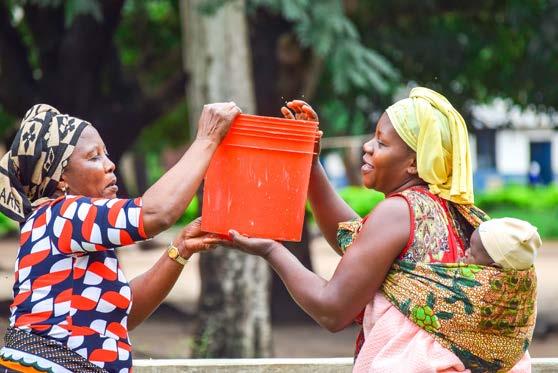
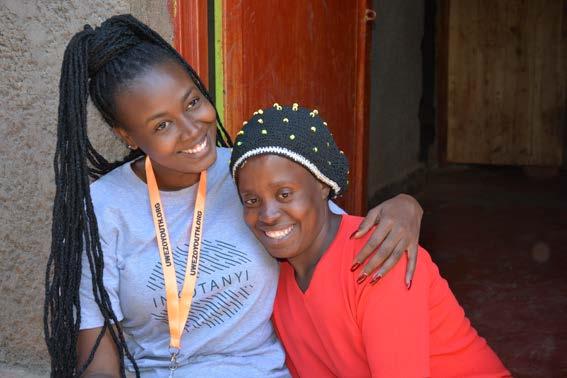

Uwezo Youth Empowerment (UWEZO) is a nonprofit established to mobilize and build the capacities of children and youth with disabilities to actively participate in society, live independently and enjoy a dignified life.

In addition to advocacy and outreach programs, UWEZO runs a Center for Independent Living & Assistive Technology that provides skills training and work readiness. Over 250 youth with disabilities have secured permanent employment through their programs.
In Rwanda, children with disabilities are rarely provided primary health care, rehabilitation, nutrition, and education. UWEZO is Rwanda’s only o rganization focused on the inclusion of children and youth with disabilities in society.



The Community Forest Conservation Network of Tanzania, locally known as Mtandao wa Jamii wa Usimamizi wa Misitu Tanzania (MJUMITA), is a network of 117 community groups involved in participatory forest management in Tanzania.
The network provides a forum for capacity building, advocacy and communication for communities to sustainably utilize over 1,800,000 hectares of forest and improve their livelihoods. MJUMITA has brought together over 15,000 people from 450 villages
MJUMITA was established in response to the need for a forum to engage in dialogue with the Forestry and Beekeeping Division. The network has provided support for communities to defend their forest rights where these are being threatened, including in cases where private sector companies have attempted to take community forests.

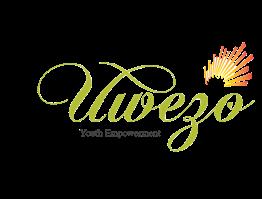
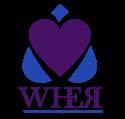

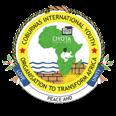
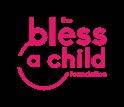
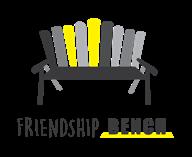
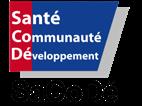







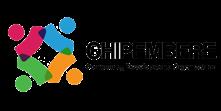



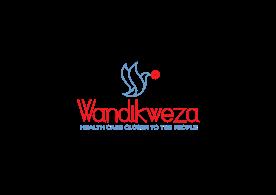





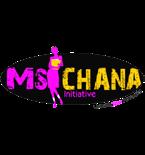
In September, we launched our third grantmaking round and piloted our open application system. This system aims to diversify our portfolio beyond the referral process used in our first two rounds and provide more opportunities for applicants to showcase their work and impact earlier in the process - while being relatively short and mobile-accessible to make the process less burdensome for African visionaries. Since its launch, the application has been viewed over 4,000 views and generated 879 applications.
The development of this system was influenced by our partners' fundraising experiences, which highlighted the lack of transparency in process and criteria and the overall inequity of referral and invitation-only systems. For the organizations we spoke with, a typical funding application journey consists of restricted or program-specific funds and does not support a wide range of organizational sizes and stages. A finalist from our third round commented,
AVFund’s application form forced us to think about ourselves as more than last mile implementers- who are we, what is our ambition and vision? Are we bold enough to say it? We are grateful for that moment of reflection.
- Rashid Mwinyi, Executive Director, Pamoja Youth Initiative.An open application system connects us to more promising innovators with the skills, and expertise Africa needs for long-term change. We are pleased to have met over 400 local organizations beyond our usual referral networks and expanded our geographical reach this year. We plan to share this expanded pipeline with our network of funders in 2023 and are excited to improve the system to be more responsive, accessible, and shareable next year. With support from our partners and funders, we believe that an open application system will be instrumental in promoting an equitable funding landscape that amplifies the voice, power, and visibility of African social change leaders.
 By Aisha Onsando, Portfolio
By Aisha Onsando, Portfolio
We received 849 applications, and we were only able to make ten grants. That means there were 839 incredible, innovative, and impactful organizations that we could not support this time that deserve to be well-funded for their transformative work. That has given us at the Fund a moment for deep reflection. These are the lessons we have learned from our open application system.
Lesson number one: The funding desert for African-led organizations is deeper and wider than we ever imagined.
When you set up a water point in a desert, you'll learn much more about the desert than you ever did before because people will come to drink from corners you've never seen before. As a sector-agnostic funder, AVFund has the unique privilege of seeing and understanding African development's funding

desert holistically. We're seeing more than just the climate, health, or technology corner. We're seeing the volume of need from every direction of the entire ecosystem, even the quiet corners that we would assume are thriving, or the hidden corners that we didn't know existed.
Our biggest takeaway is that most, if not all, African organizations go through seasons of severe funding drought, and the cause is the often-shifting sectoral priorities of funders and the global philanthropic agenda. Today, technology-focused organizations may thrive. Tomorrow, climate resilience projects. All the while, the sustainability of organizations in other sectors is threatened, and their progress slowed by a lack of critical resources.
This leads to lesson number two: It's not that African organizations cannot grow. African organizations are not allowed to grow.
A fundamental flaw in the funding ecosystem is that a lack of resources prevents organizations from validating their impact models at scale. African nonprofits' slower growth trajectory is not for the lack of interest, it's not for the lack of problems to solve, and it's not for the lack of talented leaders or capable fundraisers. So many organizations experience a vicious cycle where they have had large budgets and now operate on contracted budgets and are misjudged by funders as unscalable, incompetent, or inadequate in one way or another.
In reality, these organizations are doing incredible things with minimal resources. They are grappling with being left behind and fighting against all odds to remain sustainable because they cannot let their communities down. We have learned that, as funders, we need to reconsider how we serve organizations that aren't on a growth trajectory.

Lastly, and also closely connected, is lesson number three: the funder community is overly obsessed with startup culture, and even we have fallen into this trap.

One of our funding criteria is that an organization has to exist for three or more years, assuming that early growth stage organizations need the catalytic funding that we provide most. In reality, that was the easiest hurdle for most organizations to clear while applying for a grant because they've existed for 5, 10, sometimes 15 years. Hundreds if not thousands of organizations across Africa are mature, seasoned, and experienced, yet they are still stuck in a "startup phase" because their budget and organizational sizes are slow to grow.
As funders, we often fall into the trap of wanting to support early-stage ideas. Perhaps it's because incubating the next big "unicorn" is exciting. Perhaps it's easier to design and build something new than to understand what has come before. At AVFund, we want to reconsider how to make more space for mature organizations to feel valued and supported. We want to create new grantmaking solutions that are genuinely inclusive and that look at the field as what it is now rather than what we want it to be.
One thing that makes me most proud to work at the African Visionary Fund is our fearlessness at the idea of experimentation. We are fearless in exploring new approaches, and the feedback from our partners drives us to do more, think bigger, and work harder to help change the systems that harm development in Africa. We are committed to constant improvement—after all, the only alternative would be to sit back and accept the status quo. For us, that is simply not an option.

We welcomed our new Strategic Partnerships Manager, Shamira Lukomwa, a social impact professional with over eight years of experience in the sector. Shamira joins us with experience from both the “doer” side working with nonprofits in East Africa and the funder side as a grantmaker. In her role, Shamira manages our fundraising, donor engagement, and external partnerships.

Shamira recently spoke about how African visionaries are creating innovative solutions to development challenges on the continent at the 2022 MedaWeek Barcelona 2022 New Africa Business Forum.

Wawira Njiru is the founder and executive director of Food for Education, a women-led social enterprise that is leveraging community, parent, and government partnerships at scale to expand national school feeding programs and create a sustainable path to solve the nutrition crisis for over 200 million African children. To date, Food for Education’s feeding programs has provided over 10,000,000 meals to African children. In 2022, Wawira received the United Nations Kenya Icon Award.
Jailan Adly, a global development and social impact executive and strategist, forges mutually beneficial partnerships between the private, public, and social sectors to build the capacity of impact-driven initiatives, individuals, and organizations. She is currently the Managing Director at GoodCitizen, an executive search firm that focuses on helping social sector organizations find extraordinary leaders

AVFund’s two new board members bring considerable knowledge and experience to our efforts.
September 2022 - In an article on Skoll.org, our African Visionary Partners shared their perspectives on how to address philanthropy’s obsession with scale, how scaling can be redefined to better serve local communities, and why viewing the idea of scale through the lens of equity can break the unjust status quo.

September 2022 - AVFund co-CEO, Atti Worku, joined a panel discussion at the 2022 Brazilian Philanthropy Forum in São Paulo, Brazil. In a follow-up article via Alliance magazine, Atti reflected on her experience and shared her takeaways on the impact of localizing philanthropy and how the goal of AVFund’s work is ultimately to change the nature of collaboration in philanthropy to be more equitable and partner-centered.

CGI members, the AVFund has committed to investing in African visionaries to accelerate health equity. To date, members of the CGI community have made more than 3,700 Commitments to Action that have made a difference in the lives of more than 435 million people in more than 180 countries.
Our Commitment to Action is to find, fund, and accelerate two African-founded and -led health organizations annually for three grantmaking cycles (2022, 2023, 2024), supporting 6 innovative health organizations with $1M in flexible multi-year funding by the end of 2024

74%
of funding raised is multiyear
raised towards our
64%
of annual revenue target
$4.5M to 25 African-led organizations by close of 2022 ($1.8M to our third cohort of Visionary
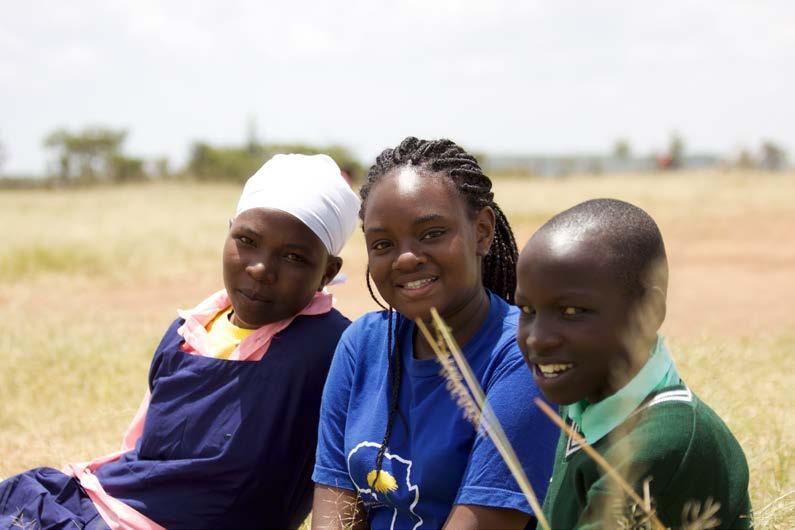
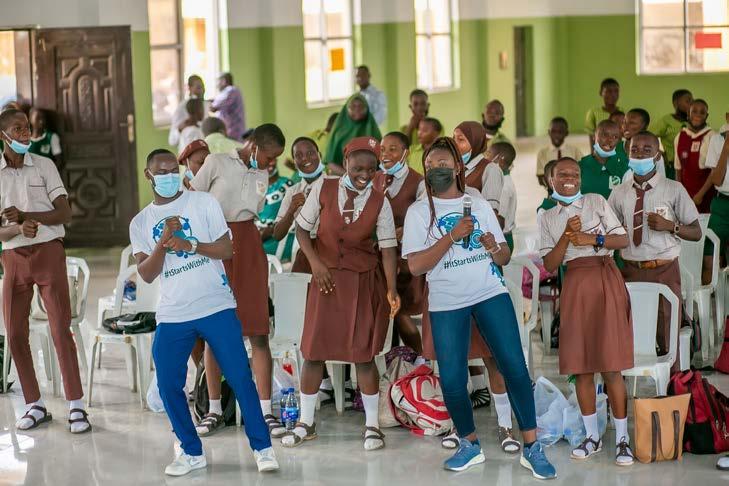
83%

of funding raised is unrestricted
programmatic spending from January to
Photo: DRASA Photo: Dandelion Africa